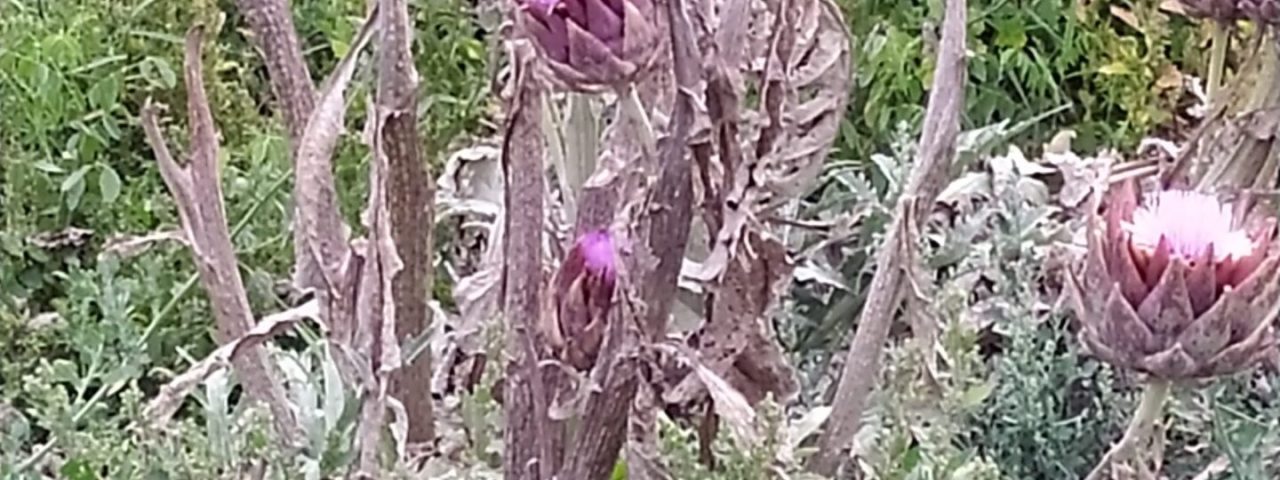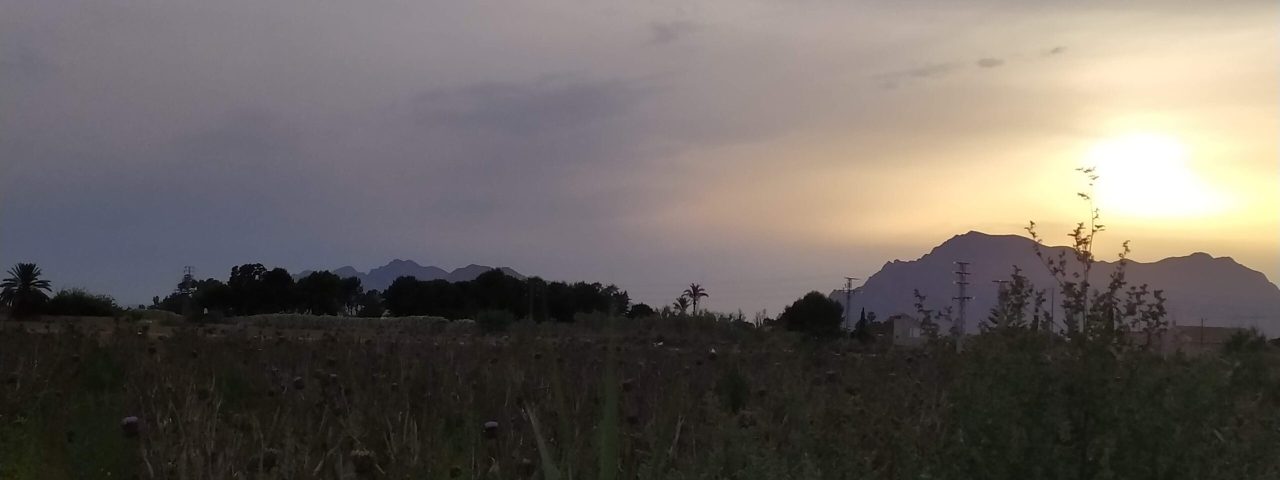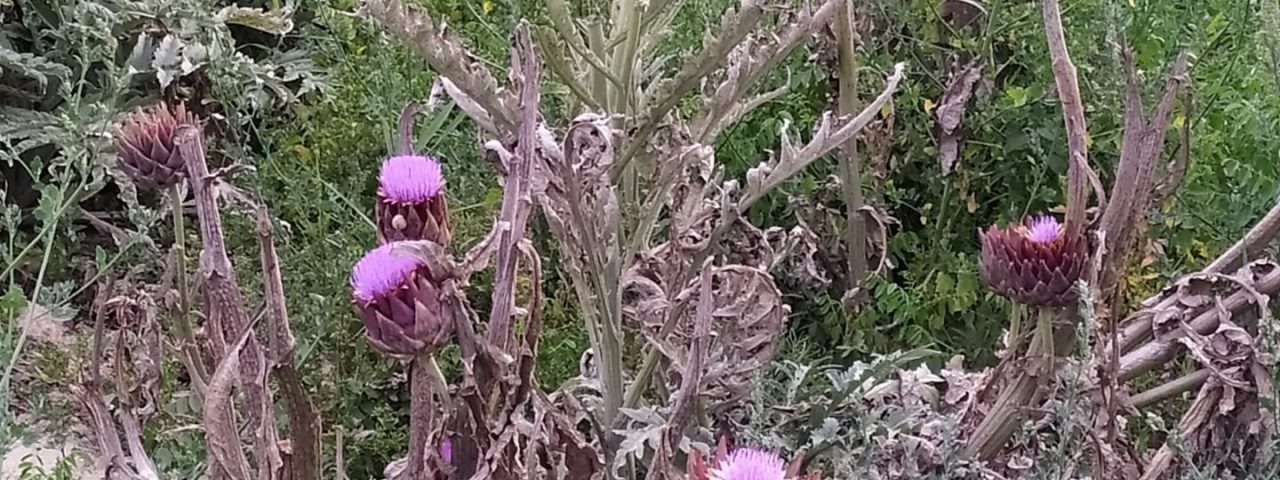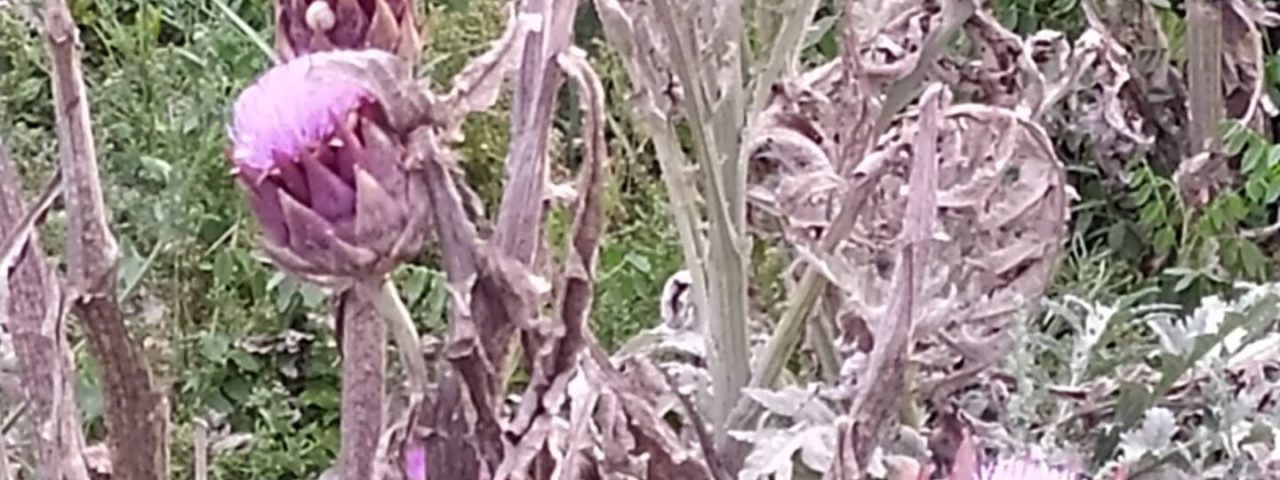Almoradí boasts a rich and layered history, with influences from Roman, Moorish, and Christian eras. Its strategic location along the fertile plains of the Segura River has made it an important agricultural center since ancient times. Under Moorish rule, the town flourished due to its irrigation systems, which allowed for productive farming in an otherwise arid region. After the Christian Reconquest, Almoradí continued to thrive as a center for agriculture and trade.
The town’s cultural identity is closely tied to its historical roots. Almoradí is well-known for its traditional festivals, particularly the Fiestas de la Virgen del Carmen, celebrated in July, which honors the town’s patron saint with parades, music, and religious processions. Another important event is the Semana Santa (Holy Week), which features deeply rooted religious traditions, drawing visitors from the surrounding areas.
Local customs and folklore play a significant role in shaping the town’s character. Traditional crafts, music, and dances are often showcased during festivals, while the architectural landmarks, such as the Church of San Andrés, stand as testaments to the town’s historical significance.




